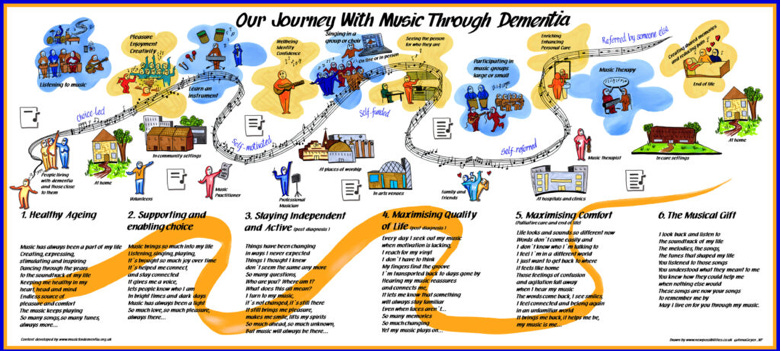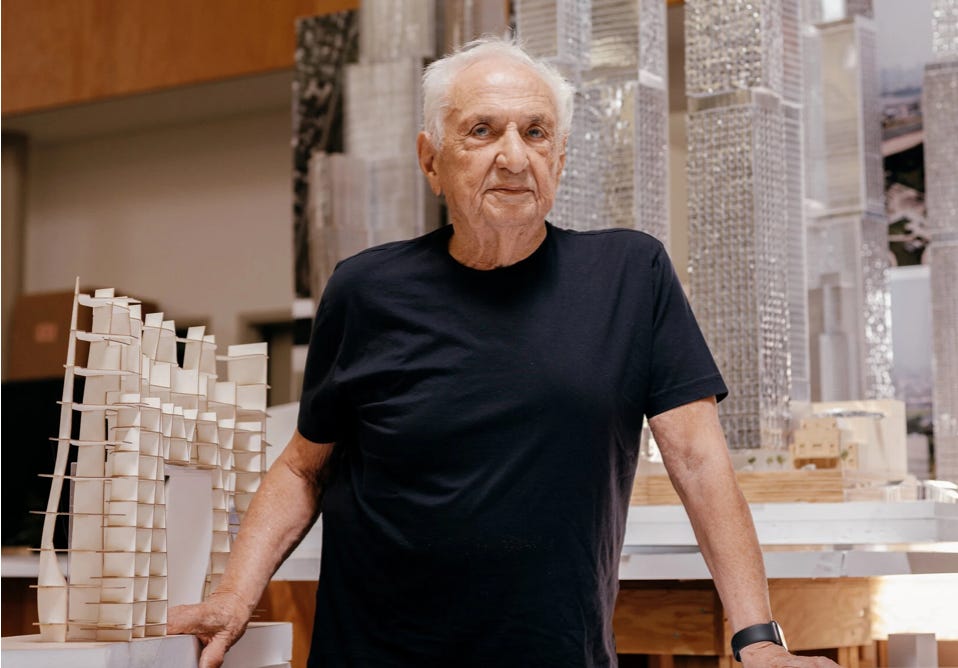Rethinking Everything
Our May Newsletter
It was great to hit the road to see family in April and take our first vacation in early May. Great time to recharge and rethink. I am reading a book by Adam Grant called Think Again. From the synopsis:
Think Again reveals that we don't have to believe everything we think or internalize everything we feel. It's an invitation to let go of views that are no longer serving us well and prize mental flexibility over foolish consistency. If knowledge is power, knowing what we don't know is wisdom.
I think it’s pretty relevant as we rethink aging, caregiving and care communities. One thing that struck me last month is that LinkedIn is introducing features to its platform that will allow family caregivers to self-identify with titles such as “stay-at-home” mom or dad. People could also label his/her unemployment gaps such as noting he/she is on parental leave, taking a sabbatical.
Many family caregivers do not self-identify for the very real fear of losing their job, being passed over for promotion, etc. Identifying yourself on LinkedIn as a caregiver is not going to change company cultures and attitudes.
I see care communities opening up again with live music activities and that is all well and good. But have they learned nothing from the pandemic about the future or is it just business as usual, as I fear it is.
Frankly, everything in our industry needs to be re-thought. I have picked one lane in the last few months - socialization. We hope to make a huge difference.
We have been doing some sound checks with our roster members. Here is a compilation.
We are creating a wait-list for people who want individual or gift subscriptions to Sage Stream, the Senior Education & Entertainment Network. For less than sixty cents per day, you can access daily live-streams. Join our list.
Fixing Nursing Homes - A Fleeting Opportunity
The US long-term care system, particularly in skilled nursing facilities, has been exposed as deeply flawed, chronically underfunded, and in need of reform. The sector now faces the scrutiny of Congress, as well as policy makers and regulators in every state of the nation. We are in a historic moment, presenting both an immense challenge—and a huge opportunity—to improve outcomes and quality of life for more than a million nursing home residents and more than a million frontline workers who care for them every day. But this moment will not last.
Musical Care Pathway
The Musical Care Pathway, above, is intended to show you how music fits into our lives and how it can be used to support people through their journey with dementia.
You don’t need to be musical to understand it, nor do you need to make sense of it all the first time you look at it. The intention is to bring to life the ways music can accompany people on their journey with dementia from living well to end of life care.
Atypical Dementia Hitting Younger People
After 20 years of marriage, after raising two kids, after building a farm in Kentucky and tending horses and dogs, Laura Prewitt knew this much about her husband: He was tenderhearted, fun-loving and never let stress land too long on his shoulders.
But in 2014, old Ted somehow morphed into a new guy, one who is not so communicative. A guy who lost his social edge and seemed unable to read faces or feelings. Who is tired and withdrawn. “He’s just not the same guy,” she says. “I want him back.”
At 59, the old Ted, the sensitive husband who cried during sad movies, is gone.
Benefits spending is up, but usage rates are less certain
This is another example of whether we are solving for the right problem when it comes to caregiving. Researchers found that 42% of companies reported they are spending 20% of employees' baseline salaries on benefits, equivalent to over $12,000 per person, based on the average US salary. The report also found that "this spend could be going under appreciated and under used" because only half of those surveyed said they are monitoring usage levels. And without out, how do we know what’s working?
Caregiver Smile Summit -
Purchase all three Summits for $49.
Use them as a substitute for your Caregiver Conference just as Rural Resources Community Living Connections in Pullman, Washington did this year.
Frank Gehry, 92, Is Too Busy to Retire
It was midafternoon on a Monday and the Pritzker Prize-winning architect Frank Gehry — despite having just turned 92 in a pandemic, completed the top floor of his building in the Grand Avenue development, and prepared for a show of new sculpture at the Gagosian Gallery — had little interest in sitting back to reflect on this potentially meaningful moment in his life and career.
Instead, he was on the move — giving his first studio tour since the Covid-19 outbreak, far more eager to discuss the myriad designs he has underway, most of which have been proceeding. (Only a high-rise in Manhattan’s Hudson Yards stalled, and his office laid off eight of 170 employees as a result).
Daily meditation could slow aging in your brain, study says
Taking up meditation may not only help you cope with the stress of the coronavirus pandemic, it may even keep your brain from aging.
A recently pubished 18-year analysis of the mind of a Buddhist monk by the Center for Healthy Minds at the University of Wisconsin-Madison found daily, intensive meditation slowed the monk's brain aging by as much as eight years when compared to a control group.
Meet Some of Our Partner Companies
Sponsor This Newsletter - Contact Me by Replying to this email.
In the Media
The Importance of Curated Resources for Caregivers, US News and World Report, March 9, 2021
Child caregivers often go it alone
Rhianna is only 13. When she finished the delicate task of changing her father’s tracheostomy tube, usually performed only by adults, she went back into her room to doodle on her sketch pad and play with her cat.
Rhianna is among more than 3 million children and teens who help an ill or disabled family member, according to Caregiving in the U.S. 2020, a national survey published by the National Alliance for Caregiving and AARP. The survey also found that Latino and Black children are twice as likely to be youth caregivers as non-Latino white children.
Copyright, 2021, The Aging Experience













